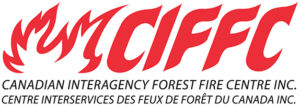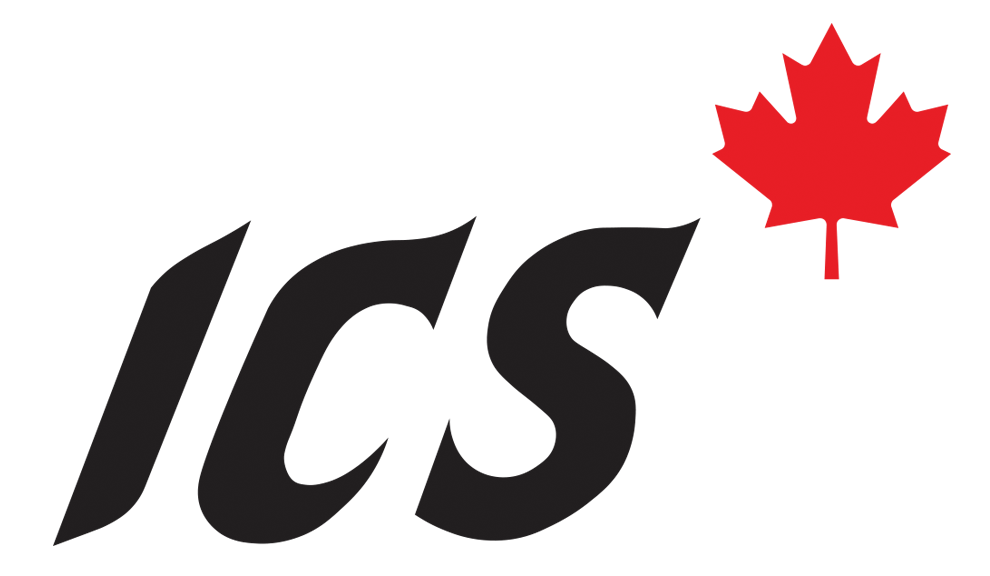Committees
Committees and working groups are the work force that collaborates to resolve or mitigate common fire management issues in order to increase the overall level of Wildland Fire Management in Canada.
Most committees and working groups have representation from each of the CIFFC member agencies allowing for truly Pan-Canadian solutions.
CIFFC reorganization in 2015 realigned the groups according to a logical work-flow into 4 main committees with associated working groups. The Resource Management Committee coordinates the efforts of the Coordination Working Group, the Aviation Working Group, Training Working Group and the Equipment Working Group. The Fire Science Committee provides leadership to the Meteorology Working Group while the Information Management/Information Technology Committee provides oversight for the Geospatial Working Group. The Mitigation and Prevention Committee is a standalone with no supplementary working groups.
The Resource Management Committee’s mandate is to promote the smooth flow of, and integration of, wildland fire management resources across national and international borders.
The Fire Science Committee’s mandate is to promote, coordinate and support effective wildland fire science and technology development and technology transfer in Canada.
The Information Management / Information Technology Committee’s mandate is to support the current CIFFC Strategic Plan, the strategic directions of the Wildland Fire Management Working Group and implement the CIFFC IM/IT Strategy through collaboration between member agencies.
The Mitigation and Prevention Committee’s mandate is to coordinate and support the development of programs to strengthen wildland fire prevention, mitigation and community protection across Canada’s wildland fire management agencies and our partners.
Working Groups
The Coordination Working Group’s mandate is to ensure that the national exchange standards, business practices and processes are developed and maintained in order to provide for safe, effective and efficient, wildland fire management resource sharing both nationally and internationally.
The Training Working Group’s mandate is to identify, develop and assess national training standards for personnel exchange and support the fire management curriculum in Canadian educational institutes.
The Aviation Working Group’s mandate is to promote the safe, effective and efficient use of aircraft in association with national and international fire management agencies and other CIFFC Committees and Working Groups.
The Equipment Working Group’s mandate is to promote, coordinate and disseminate national and international research and development of forest fire equipment and related products.
The Meteorology Working Group’s mandate is to advise and consult CIFFC members on operational forest & fire meteorological issues. To promote, coordinate and support effective operational forest & fire meteorology activities between CIFFC members and relevant external agencies in Canada.
The Geospatial Working Group’s mandate is to share and exchange fire management geospatial knowledge through discussion and demonstration of geospatial tools and applications, develop best practices, guidelines and standards to common data information while fostering good working relationships between partner agencies.


